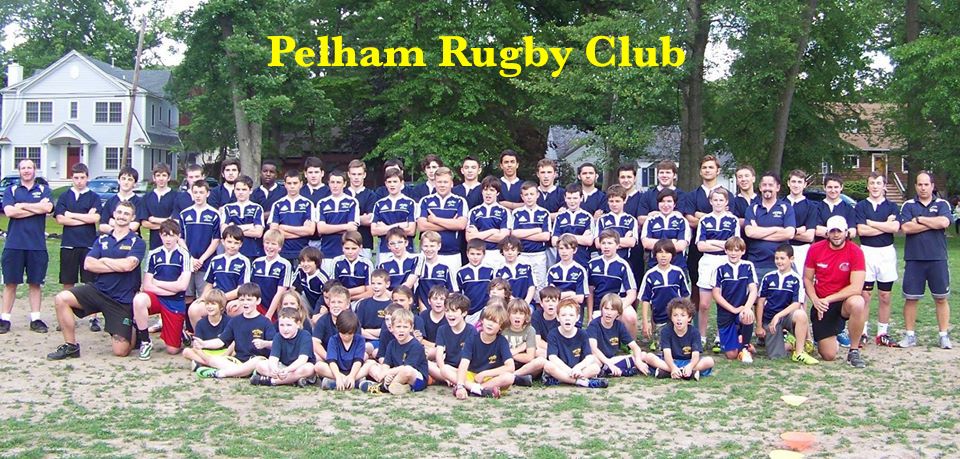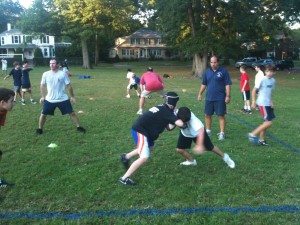Coaching wise, it’s been an interesting month. With the NBA season in full swing, the NFL season ending and the NHL back, there has been a lot of talk about coaches, coaches’ styles of play and their philosophies.
I have read/heard much talk asking, “What style of play does that coach institute?” As one radio-talk show host said, “Well, they can’t get mad at (a coach). They knew that was the style of play he teaches, and he wasn’t going to change.”
I found that shocking! Seriously! The idea that a coach at the pinnacle of a sport had only one way to coach a game and would not change is incredible. What if your players do not fit that style? What if rule changes make that style less effective?
I was discussing this with a friend of mine, and he asked, “Well, what style do you coach?” My answer was simple, or so I thought. I responded, “the style that will work.” My coaching philosophy is that a coach needs to be able to coach and implement many different styles of a game. Even during the course of a game, you need to be flexible and adapt to what is in front of you. There are so many variables, the same methods will not work in different situations. You may be playing in muddy, rainy weather, or you may be playing in hot, dry conditions. You may face a team that is big and strong but slow, or you may play a team that is small but fast and skilled. You may be winning by a lot late in a game, or losing by a little. All these factors need to be looked at when giving instructions to players.
What style do I prefer? That is a better question. We all have preferences on how we think the game should be played. My preference? I like a wide open, flowing, fast-paced game. Maybe that’s because I was undersized as a player but had practiced and practiced until I was a good passer and was able to use speed to overcome lack of size. Maybe it’s just that it looks better. It doesn’t matter though. As coach, my job is to prepare the players for as many situations as possible. They should have the skills to run and pass as much as they need, to tackle and to run the ball up the middle. What do I coach at Pelham? Same as I have coached everywhere else. Everything! Players need to be complete players. By that, I mean a player who is an outstanding tackler, but can’t run or pass a ball, is not a good player. The opposite is also true. A player who can run to the corner and score but can’t pass or tackle anyone is just as much a liability.
I do think it is my duty to teach all skills to all players. These are young kids. Who knows what their bodies will grow into? The slight fast, kid may develop into a thick, muscular grown up; the heavy, slow kid may grow into his body. If you only teach them the skills they need for one position, you are robbing them of opportunities and limiting them as players and as people.
I coached Iona College’s rugby team for four years. Each year, we had a different style of play. We had to! The team makeup was dramatically different every year. We had a very large, very unfit team my first year, so we played it close, few passes, mostly kept it tight and tried to out muscle teams. By my last year, we had a very skilled, fast team that was on the small side. So we concentrated on our positives and played wide-open, running rugby. If we couldn’t go through the opposition, we would go around them. Both teams did well. But the fact was we really needed to be able to play both types of games and couldn’t. We wound up losing in the Eastern Conference final that last year. The game was played on a small, muddy field in rain and cold. Not exactly suited to running and passing. We lost by 3 points. I counted at least four times we were one pass away from another wide open try. But for whatever reason–wind, rain, mud–the pass didn’t go to hand and the try was not scored. We lost.
So, next time you’re talking to your child about rugby, ask him or her, “What are your strengths?” Then ask him or her, “What are you doing to improve your weaknesses?”
On month to go! See you on the field.

